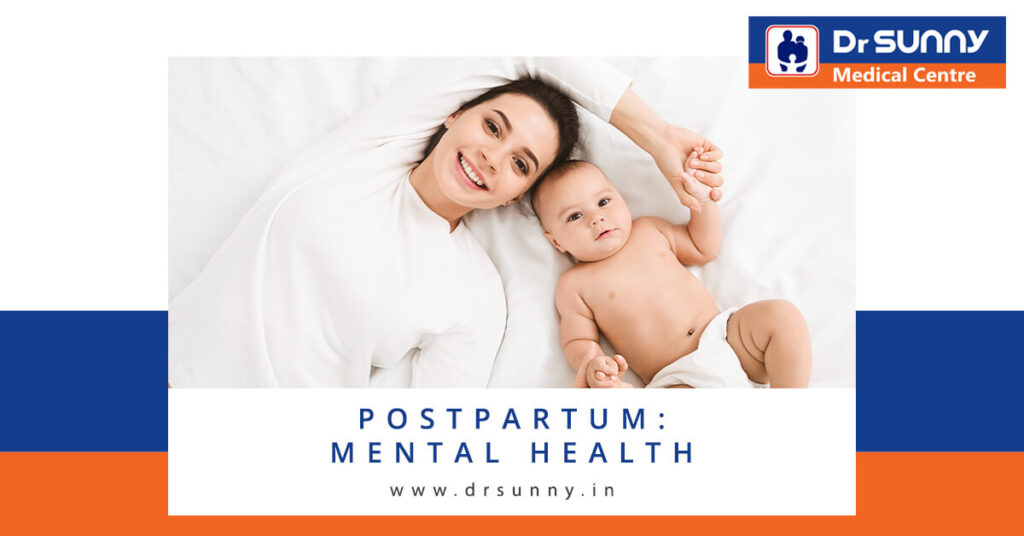

Pregnancy and childbirth is a joyous time but some women may struggle with their mental health as the transitions towards motherhood is not easy, especially for the first time mothers and after the high risk, precious pregnancy, child birth after some Art treatments. It includes so many overwhelming biological, physical, social and emotional changes. Many females experience wide range of overwhelming emotions such as anticipation, excitement, happiness, fulfilment as well as anxiety, frustration, confusion, sadness, guilt during pregnancy and postpartum period. This period make them vulnerable to various psychiatric disorders.
It is really important to understand the mental and emotional health of new mothers, it often goes unnoticed and unprioritized in the society even the focus goes towards child and other activities rather than mother. During this period about 85% of women experience some type of mood disturbance, some are mild some are moderate to severe and develop more significant symptoms of depression and anxiety.
Postpartum psychiatric disorders divided into three categories-
- Maternity blues or Baby blues- it includes the mild range of intensity of symptoms and it may resolve in a few days to a week, has few negative sequale usually requires only reassurance with incidence 300-750 per 1000 mothers globally. it includes symptoms like sadness, mood changes, tearfulness, anxiety, irritability, frustration, anger.
- Postpartum Depression- It can start soon after childbirth and estimated as 100- 150 per 1000 birth. it can predispose to chronic or recurrent depression which may affect the mother child relationship, child growth & development. Children of mother of postpartum depression have greater cognitive, behaviour, intrapersonal problems compared with the child of non depressive mothers. it can be mild to severe. it includes the symptoms like depressed mood, crying spells, loss of interest in usual activities, lack of interest in meeting people, feeling of guilt & worthlessness, fatigue, lack of energy, sleep disturbance, change in appetite, poor attention & concentration, suicidal thoughts.
- Postpartum psychosis- it is severe disorder, global prevalence 0.89-2.6 per 1000 birth and it begins within four weeks of postpartum and required hospitalization.
Causes
- Rapid shift in hormonal environment.
- Lack of social & Family support
- psychiatric history
- marital discord
Who is at Risk?
- previous episode of PPD
- Depression or Anxiety during pregnancy
- History of psychiatric illness
- recent stressful life event
- inadequate social support
- problems in marriage
Treatment
- proper screening on time
- medications
- finding medical cause for mood disturbance( thyroid dysfunction & anemia) must be excluded.
- Psychoeducation & psychotherapies (like cognitive behaviour therapy, intrapersonal therapy, Dialectical Behaviour therapy, supportive psychotherapy.)
- family and social support
References:
- Geneva: world health organisation; 2001. world health organisation. Gender and women’s mental health. gender disparities and mental health: the facts
- parry BL. Hormonal basis of mood disorders in women. in: Frank E, editor. Gender and its effects on psychopathology. washington DC: American psychiatric press;2000.p
- Malhotra Savita, Shah Ruchita; women and mental health in India: an overview. Indian J Psychiatry.2015 Jul;57(supple2): S205-s211.
